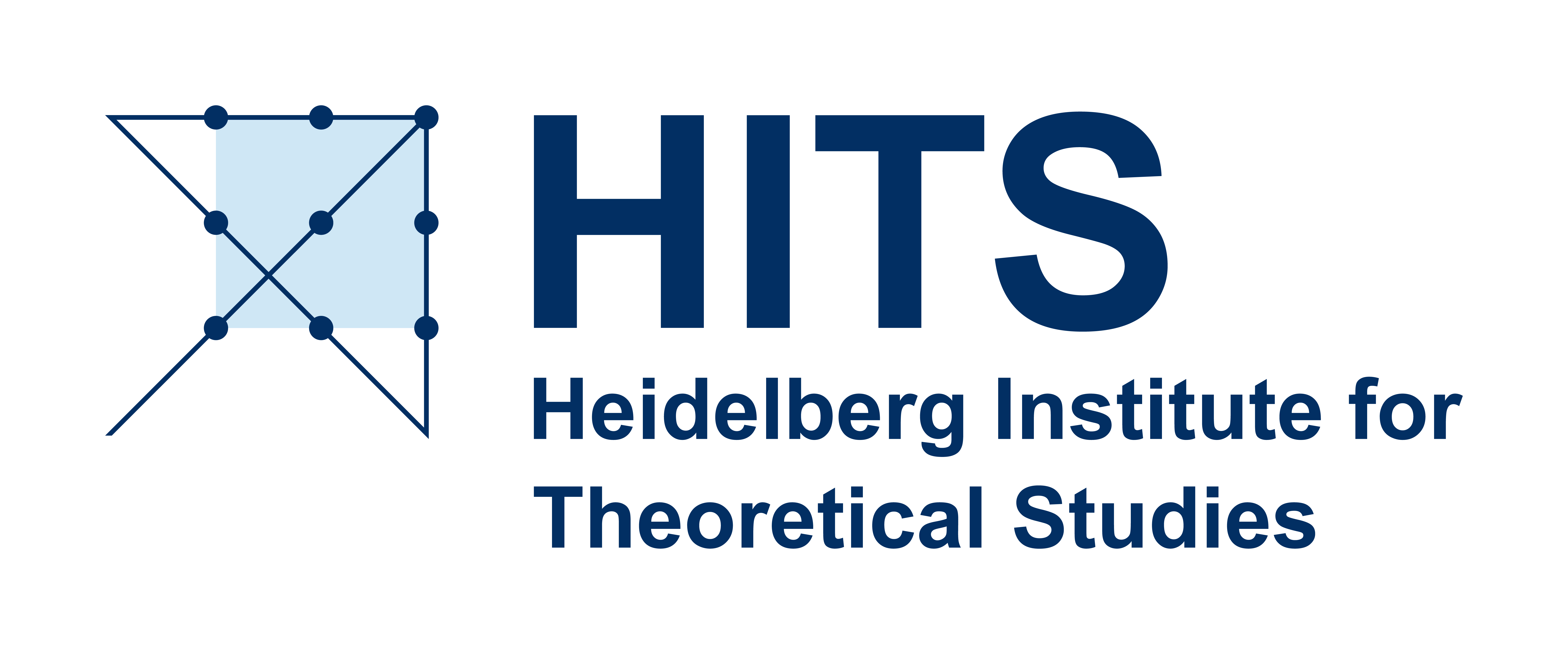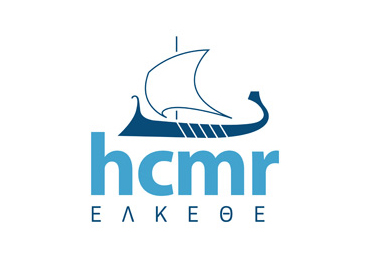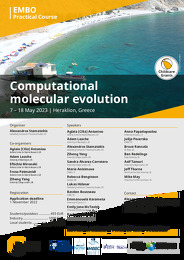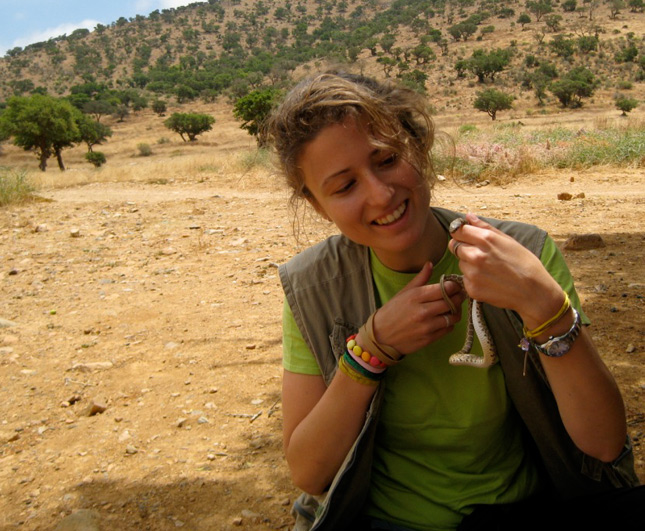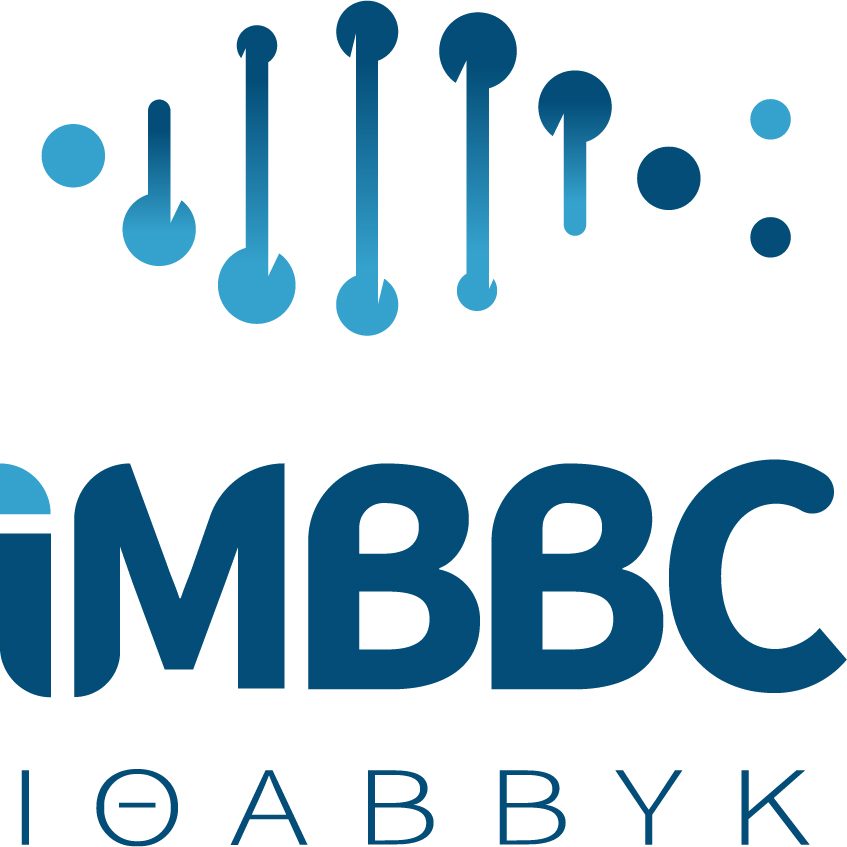About the Practical Course
Course details
The need for effective and informed analysis of biological sequence data is increasing with the explosive growth of biological sequence databases. A molecular evolutionary framework is central to many Bioinformatics approaches used in these analyses. Additionally, explicit use of molecular evolutionary and phylogenetic analyses provide important insights in their own right, e.g., analysis of adaptive evolution in viruses providing clues of their interaction with host immune systems.
To this end, we aim to provide graduate and postgraduate researchers with the theoretical knowledge and practical skills to carry out molecular evolutionary analyses on sequence data. The course will entail data retrieval, alignment techniques, phylogeny reconstruction, hypothesis testing, and population genetic approaches. The course will cover sessions on analysis of both protein and nucleotide sequences, including NGS data. However, we do not cover traditional NGS analyses (e.g., QC, read mapping, variant calling, assembly etc.) .
Also, the EMBO Practical Course will offer a unique opportunity for direct interaction with some of the world-leading scientists and authors of famous analysis tools (Maria Anisimova, Bastien Bousseau, Bruce Rannala, Alexandros Stamatakis, Benjamin Redelings, Ziheng Yang, Rachel Warnock, etc.) in evolutionary Bioinformatics.
Note that the last three courses in Crete were heavily over-subscribed. The expected participant acceptance rate is below 20%. Experience from previous years has led to preference being given to candidates who:
- are doctoral candidates in the early to middle stages of their thesis research
- already have some familiarity (i.e. have already used some of the relevant tools) with phylogenetic methods
- have already collected/assembled a molecular sequence dataset to analyze in their work
- have experience working in a Unix/Linux command-line environment
We will also select a small fraction of participants that already work in Bioinformatics labs, to intensify collaboration between early career stage Biologists and Bioinformaticians. Applicants from labs with a strong focus on computational molecular evolution methodology need to carefully outline their motivation for attending the course in this context, since they have ready access to expert supervision and are likely to be very skilled already in the topics we teach, or are in the course of becoming very skilled therein.
I am really pleased with the topics given during this advanced course and also with the dynamic and interaction with everybody involved in it. The instructors were willing to talk during the coffee breaks and meals, both about course-related topics and also about life in general! – Diego Simon, PhD student Laboratorio de Virología Molecular, Uruguay
The structure and the setting of the course were really motivating, the atmosphere encouraging and the faculty very active and responsive. The year I participated, the participants came from very different fields and hence had very different backgrounds. I had the feeling that still the faculty managed to get the main messages to everyone. – Dr. Astrid Böhne, Center for Molecular Biodiversity Research, Germany
The lectures were really inspiring and the practicals perfectly organised, while getting to talk to the instructors about our own data was extremely helpful and motivating. There were several memorable lectures, which still come to my mind often, especially when I have to teach myself any relevant concept. – Anna Papadopoulou, Assistant Professor, Department of Biological Sciences, University of Cyprus, as of 2023 lecturer on the course
About EMBO Courses and Workshops
EMBO Courses and Workshops are selected for their excellent scientific quality and timelines, provision of good networking activities for all participants and speaker gender diversity (at least 40% of speakers must be from the underrepresented gender).
Organisers are encouraged to implement measures to make the meeting environmentally more sustainable.


